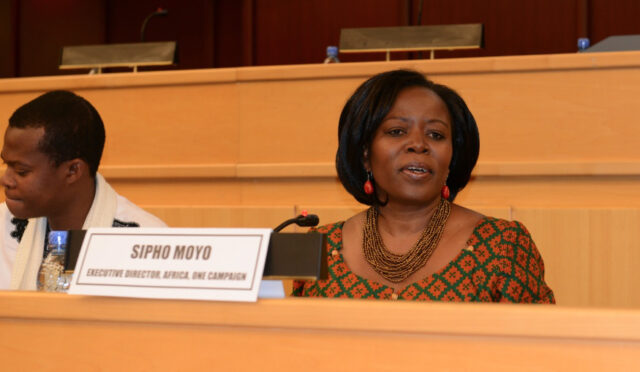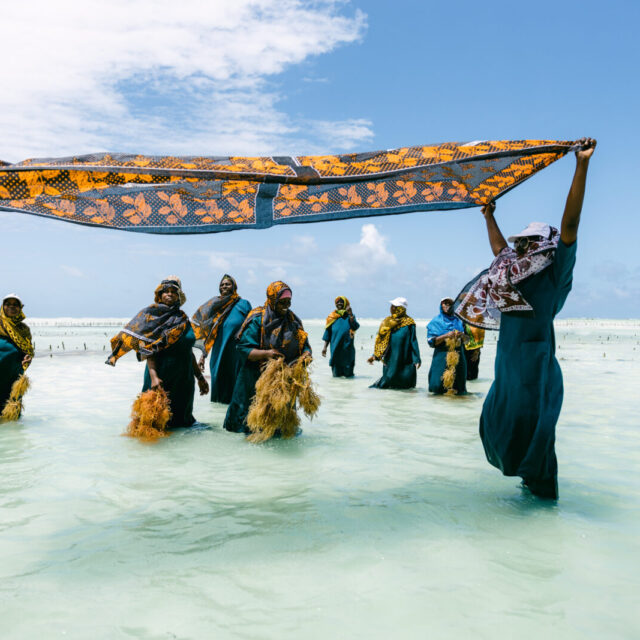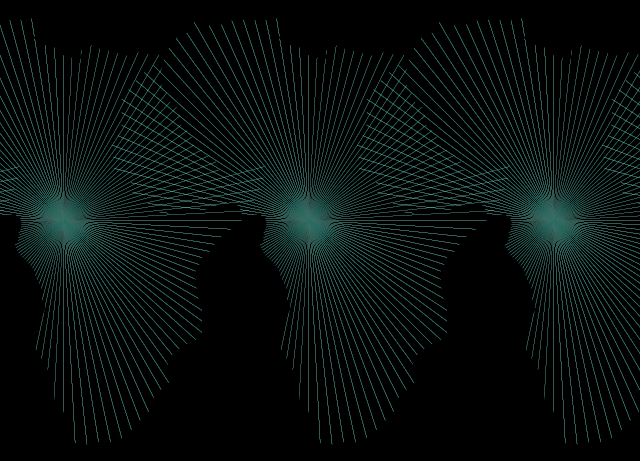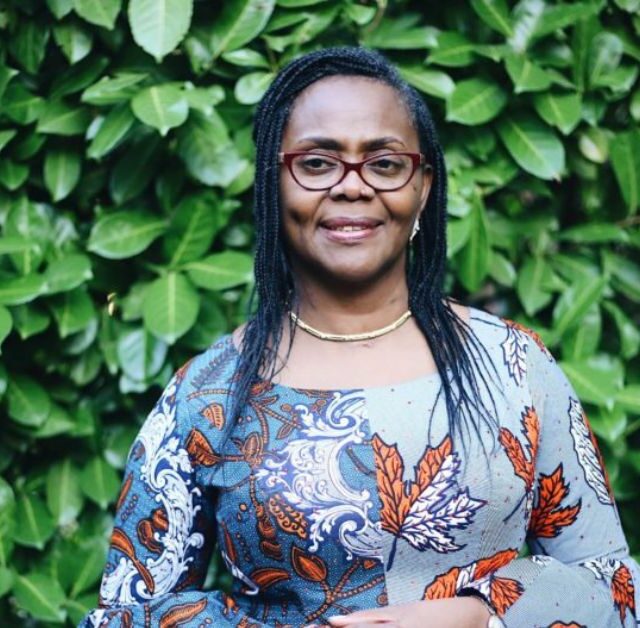This week in Addis Ababa, I attended Gender Is My Agenda Campaign (GIMAC)’s pre-AU Summit Consultative Meeting on Mainstreaming Gender in the African Union and its Member States.
This is their 25th sitting of ahead of an AU Summit, but this one is special on many accounts. Firstly, 2015 is the AU Year of Women’s Empowerment and Development. This year also marks the expiration of the Millennium Development Goals, and in September a new development framework will be established. In addition, 2015 marks the 5th year into the African Women’s Decade (2010-2020), the 20th anniversary of the Beijing Declaration and Platform for Action (Beijing+20), and the 15th anniversary of United Nations Security Council Resolution 1325 (the first resolution on women, peace and security).
This year, gender issues are not only being streamlined in the key policy processes on the continent – they are the priority.
So there is a huge opportunity for our leaders and policy makers to take stances that will enhance gender equality, improve access to education for girls, promote maternal health and reduce child mortality among others, while establishing an enabling environment to maintain and build on the results achieved.
The AU’s Agenda 2063 and the new Sustainable Development Goals must, like other processes, take these gender-focused issues into account. The new goals must deliver on the core areas that affect women: health, agriculture, energy, poverty and gender quality. Energy is particularly critical because without it, it will be impossible to achieve any of the other aspirations related to health (safe motherhood), agriculture (value chain development) or education (chores vs homework before dark).
And our leaders must assume more responsibility and better accountability to ensure that resources are sufficiently mobilised and effectively utilised to make these objectives possible.
It’s therefore important that those of us in civil society continue to urge our leaders for responsible stewardship and good governance of the wealth of natural resource – mining, oil and gas. After all, domestic mobilisation will be key to answering the recurring question of where the needed resources will come from. Without a robust share of domestic resource mobilisation there can be no sustainable development agenda for our people.
Above all, we must have a vision for our world beyond the immediate challenges we seek to solve. I will mirror the wise words of Liberian activist and Nobel Peace laureate, Leymah Bgowee, who also spoke on Wednesday’s sitting: we are good at mobilising for peace, but what we often lack is a post-peace agenda, imperative to maintain and build on our successes. Even in times of war, we must plan for a post-peace dispensation, embodying critical values for sustainability such as social development and political participation.
Sustainability is a cross-cutting value in all our development objectives. Next week in Addis Ababa, ONE will again be participating in several events on the margins of the AU Summit. We look forward to meeting with and working with some of the AU leaders to call for a more robust reaction to the Ebola crisis by all leaders, not only to eradicate the disease but also to ensure sustainability by strengthening health systems to prevent future outbreaks. Stay tuned!



